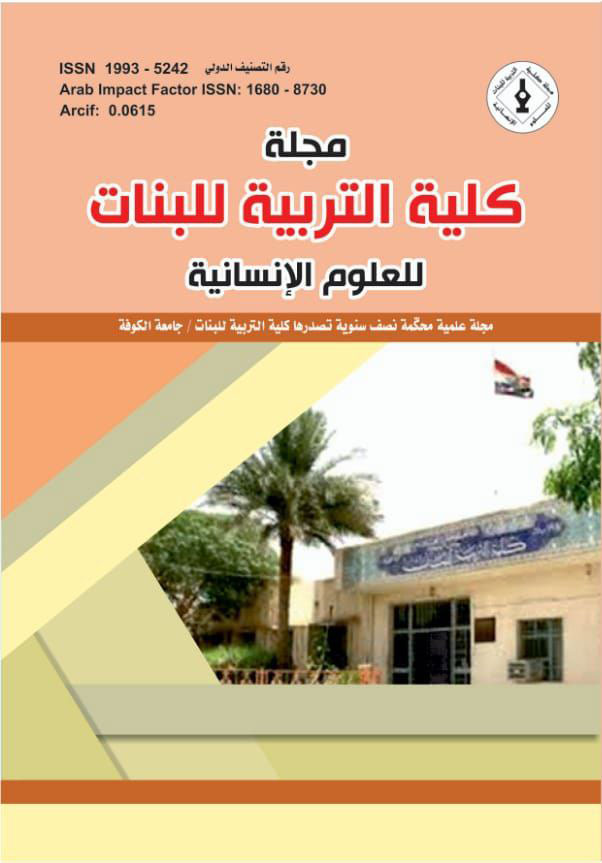Authenticity of the words of the companions at Shatby (critical study)
DOI:
https://doi.org/10.36327/ewjh.v2i28.12232Abstract
Abstract :
After passing through this fast tour about the authenticity of Al-Sahabi's opinion and Shatby's opinion on the subject, the research findings can be summarized as follows:
- What Al-Shatbi and other scholars of the four schools of thought adopted, which is to say that the Sunnah of the Sahaabi is valid, was not based on scientific evidence .
- What Shati said of the evidence was not successful in the adoption, but was a reference to the praises of the Companions and praise them and this does not require saying the authoritative words .
- To say that the Sahaabah is authentic and that they are legislators, it is necessary to say that they are disobedient .
- The legislation of the provisions can not be left to ordinary people do not have the divine qualifications found in the prophets and messengers and peace be upon them .
- The evidence presented by Shatby, some of them general, covers all the Islamic nation. It is necessary to say that all the Islamic nation, by its people, is legislators, and this is impossible .
- The difference and contradiction found in the biography of the Sahaabah and their differences in one ruling rejects what was adopted by Shati and others .
Therefore, this claim can not be accepted because it lacks solid scientific evidence , Therefore, this statement requires the intervention of all Muslims in the legislation of the rulings. Therefore, the need to send the messengers and prophets is no longer necessary, but rather it is left to the people .
Downloads
Downloads
Published
How to Cite
Issue
Section
License
Copyright (c) 2023 Prof. Dr. Hadi Hussein Al-Karawi, Assistant Professor Dr. Nawal Aed Haloul

This work is licensed under a Creative Commons Attribution 4.0 International License.
which allows users to copy, create extracts, abstracts, and new works from the Article, alter and revise the Article, and make commercial use of the Article (including reuse and/or resale of the Article by commercial entities), provided the user gives appropriate credit (with a link to the formal publication through the relevant DOI), provides a link to the license, indicates if changes were made and the licensor is not represented as endorsing the use made of the work.









